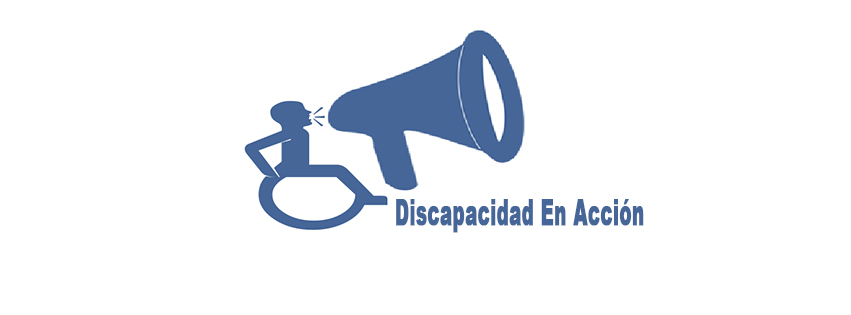Glen White, director of the Research and Training Center on Independent Living, in collaboration with Liliana Mayo, founder and director of Centro Ann Sullivan del Perú (CASP), will direct the first University of Kansas Study Abroad program of the Applied Behavioral Science Department. The program, Peruvian Culture and Disability, will give students from across the country an international perspective on disability within the context of CASP, an innovative training center and model school for children with autism and other developmental disabilities and their families.
The University of Kansas summer study abroad program in Peru offers students the opportunity to gain an international perspective on the social, educational, and nongovernmental services available to Peruvian adults and children with various disabilities and their families in the coastal and mountain regions of Perú. The program is hosted by CASP, an internationally recognized leader in providing high quality educational
programs for children with disabilities.
Participants will visit public and private centers, organizations, and schools serving children and adults with disabilities in both Lima and Cusco. In addition, participants will visit several universities in Lima to hear presentations by renowned scholars on various aspects of independent living and disability in Peru.
This May 27 - June 9, 2006 course is designed to provide students with a greater understanding and experience of the issues facing Peruvians with disabilities..
Disabilities will be broadly covered and will also address issues across the life-span. In addition to lectures, students will learn experientially through a broad array of site visits, participation in Peruvian cultural activities, and personal interactions with Peruvians who have disabilities. Three hours of undergraduate credit in Applied Behavioral Science are granted by the University of Kansas upon successful completion of the program.





